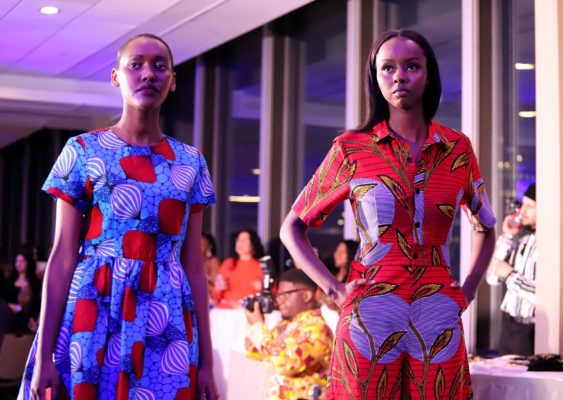UOSU-hosted gala featured performances and keynote speeches by Ottawa Black community
The University of Ottawa Students’ Union (UOSU) hosted the annual Black History Month gala on Saturday at the Westin Hotel, marking the first time that the new student union has held the event.
The gala was emceed by Kamilah Gure; UOSU student life commissioner Jason Seguya; and UOSU operations commissioner Rony Fotsing, with a theme of Black empowerment.
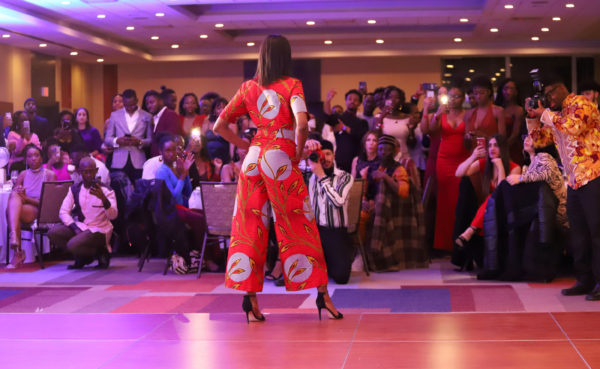
The event consisted of musical and dance performances, speeches by keynote speakers, art displays and a well-received fashion showcase. There was also a video presentation detailing the life of businesswoman and civil rights activist Viola Desmond.
Seguya explained the motivation behind hosting this year’s gala.
“It was to create a space that’s really, really elegant but accessible to the whole community, (that’s) the major reason why we invest so much into the event, but also only charge $10 so that anyone and everyone can really attend,” said Seguya. “You get to see history. We also get a space where we’re all together as a community and we can discuss tough issues as a whole and find a way to really find ourselves together, regardless of creed, just noting that as a community, we’re strong.”
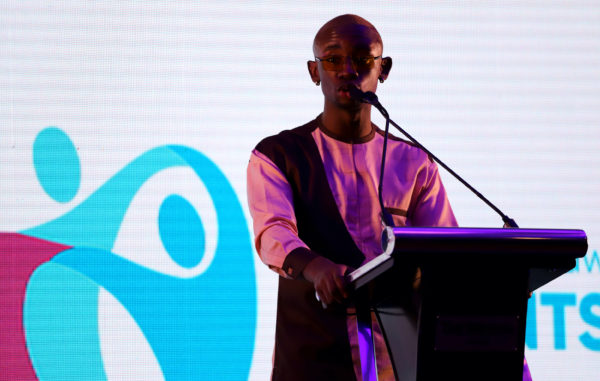
“I think it’s so important to promote the work of Black communities because we live in a society where we are minoritized,” said attendee Ganise, a U of O alum who discussed the importance of showcasing Black struggles as well as excellence.
“And I think it’s so important to uphold and encourage each other,” she continued. “Because there are definitely real systemic issues that Black people deal with. Aside from all that, (also) the fact that Black is beautiful. And I think it’s important to show that in different ways.”
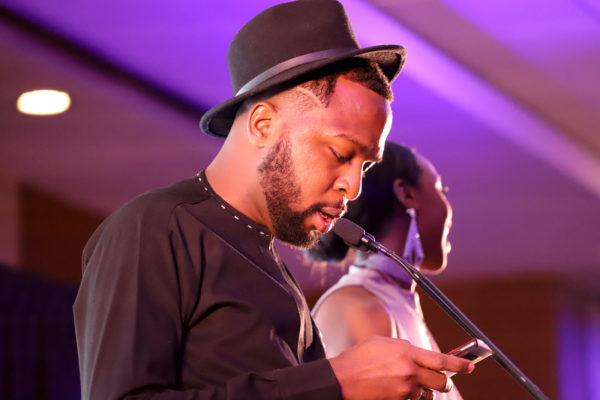
The musical performances were by local Ottawa-based artists like Habil and Anais Cardot, who sang original songs as well as covers. Elage and the group Daradji, who are drummers from Senegal, had an energetic and engaging performance with the audience that elevated spirits. The fashion show hosted a spectacle of designs by Ottawa brands Labarang Designs, Shakara Designs, and Tunka’s Fashion.
Keynote speaker and U of O common law professor Joanne St. Lewis detailed the repercussions and barriers she’s faced through her career as a Black woman in her address, titled “Experience in majority-white workplaces and strategies for success.”
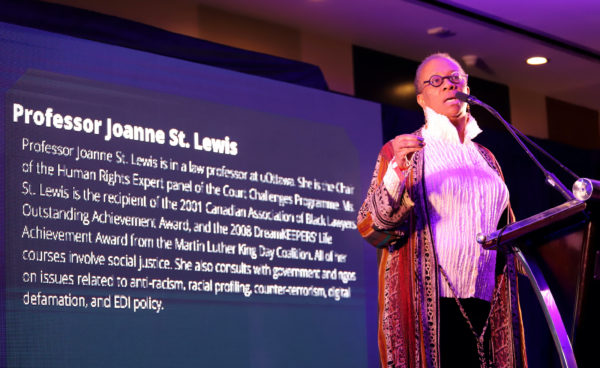
“The main strength we have as Black people is our creativity, our resilience, our adaptability. That is why we’re all here. We are the legacy of people who survived the Middle Passage. We are the legacy of people who were stripped of everything. And yet, so few generations later this evening is a representation of who we are, creative, powerful, beautiful and very energetic. That is the core,” she said in her address.
There was also a speech by Faith Mumba, a second-year psychology student and self-taught artist. She highlighted the importance of Black creativity and artistry.
“Essentially, we have to know where we come from and who we are, which then leads us to knowing where we’re going,” Mumba said. “And when we know where we’re going, we have a sense of purpose.”
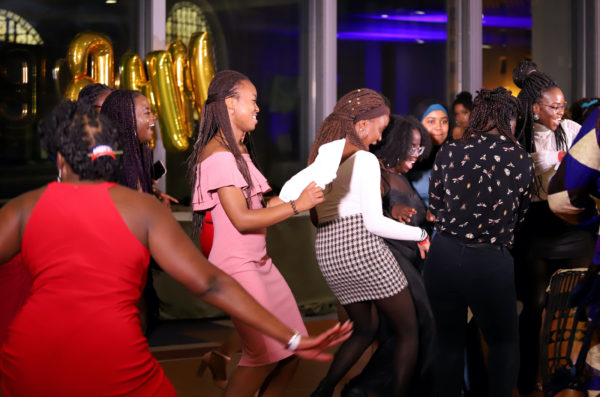
Many attendees said the Black History Month gala held much value and importance to them. Black Student Leaders Association senior representative Joyce Tshiyoyo stressed the importance of spreading the history of Black Canadians.
“I think it’s very important for us to acknowledge that Canada is filled with so many Black people who come from different layers of complexities and we have to have events like this to celebrate ourselves but to also encourage and to look at what we’ve already accomplished and what what is yet to be accomplished,” said Tshiyoyo.
Edwin Amoah, a third-year international development student, defined Black History Month as a time to reflect, acknowledge, and prepare.
“When I say prepare with its meaning of the two other words I mentioned, see how they fit into the future as we move forward,” said Amoah.
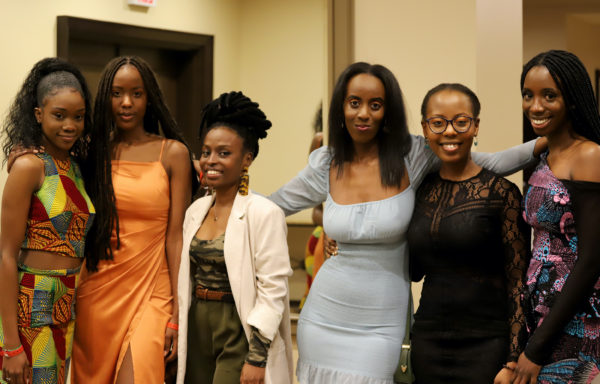
For keynote speaker St. Lewis, Black History Month means recognizing countries with “functional amnesia” and realizing that they’re not healthy.
“Black History Month is about all those things. It’s about not only who we are but in a sense, my own accountability back to my community, to provide some leadership, to be communicating what I do when they can’t see me in my classroom and in other work that I do,” she said.
Seguya explained how Black History Month feels like a time when the impacts of Black culture are celebrated to the fullest.
“It does feel like it’s one month where we’re truly allowed to celebrate ourselves by pushing to see that we can create more spaces like that, outside of the month of February, but still it’s a space where we’re allowed to look back and say ‘you know what, no, we’re important, we matter, we did this, but also we experienced this and we demand this specific change,'” Seguya said. “It’s really hard to describe in words what Black History Month means to me but it does mean a lot.”
